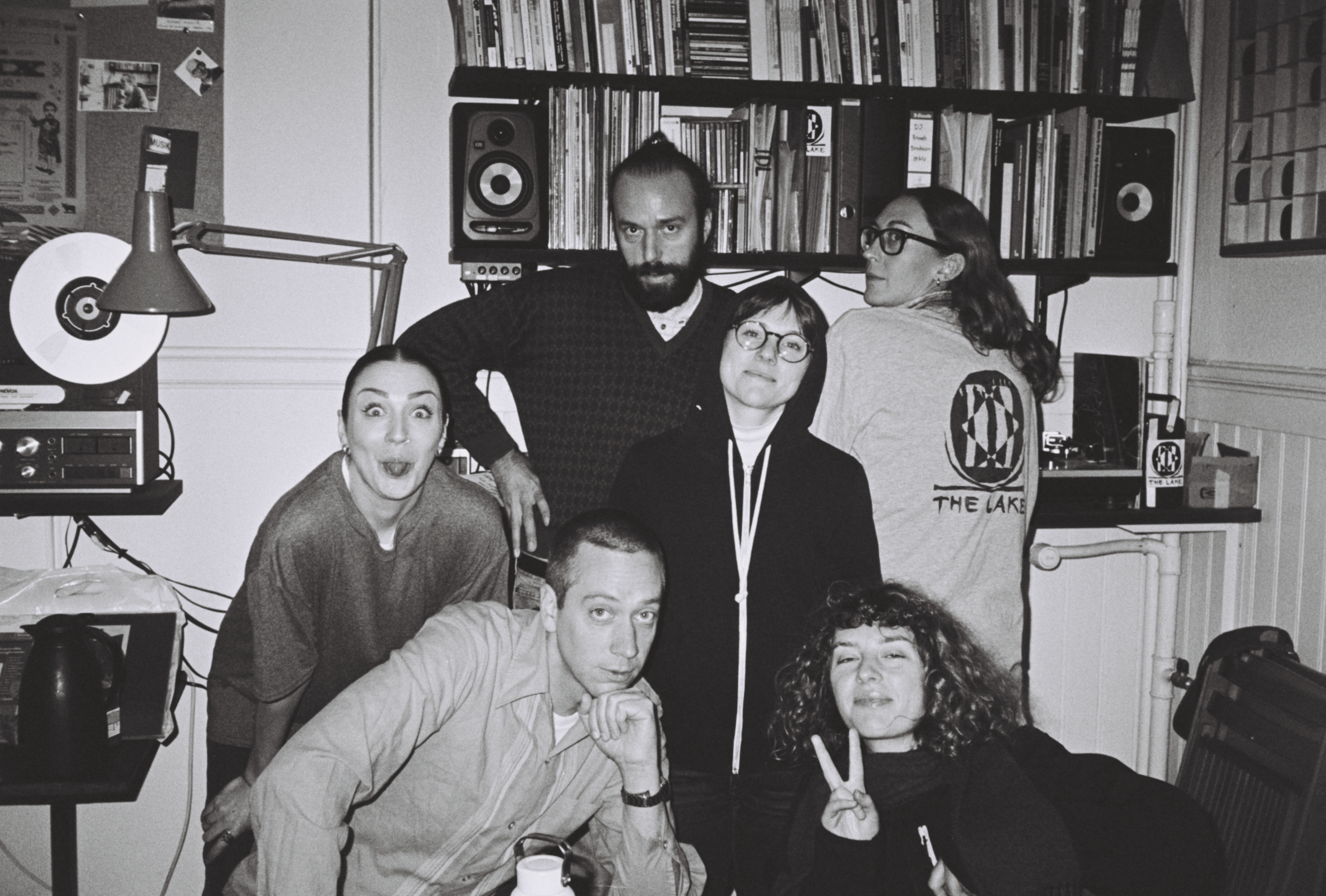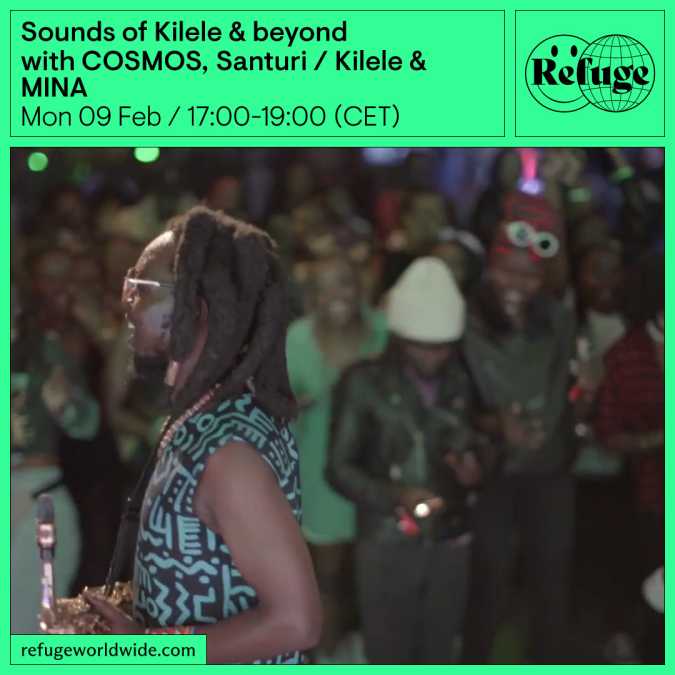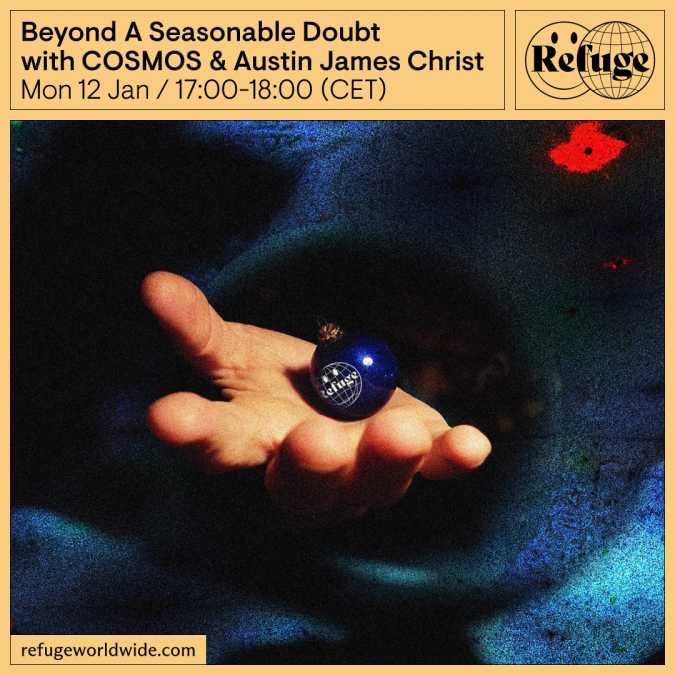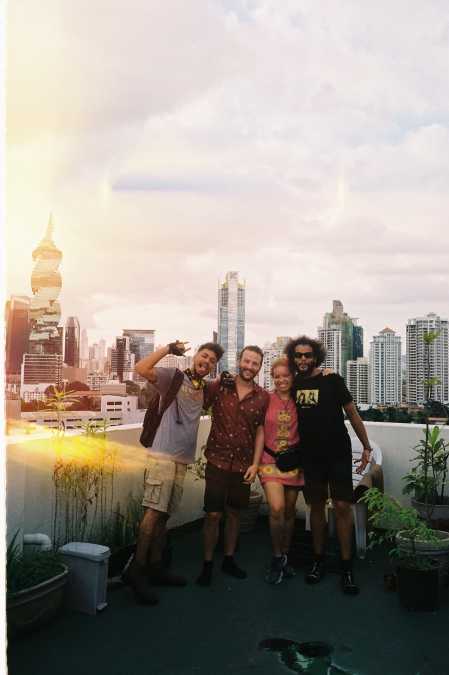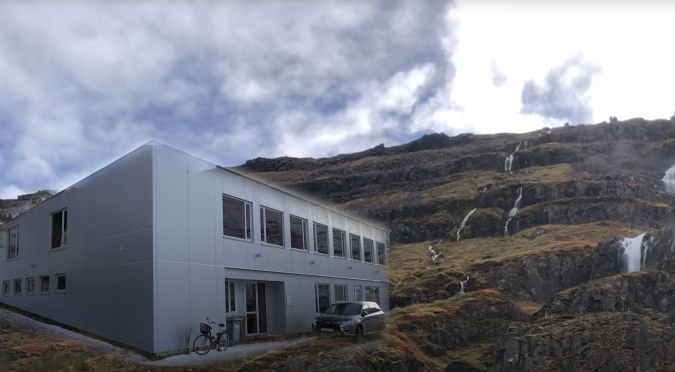COSMOS x ICRN announce their 2024 Embassy in Vilnius, Lithuania
Bringing together DIY broadcasters from the Baltics and beyond, the Independent Community Radio Network (ICRN) has created an impactful platform that proves once more, that there is always strength in numbers.
In 2022, a handful of activists and community radios from the Baltic-Nordic region joined forces to form the ICRN. Their mission: to create a transnational network of like-minded broadcasters who support each other with their knowledge, resources, equipment and bandwidth. The anti-algorithmic, non-competitive ethos of the project quickly struck a chord with new partners, growing the network way beyond the Baltic region. After ICRN’s residency at Le Guess Who?’s festival radio in November 2023, we’re most happy to announce ICRN and their home base in Vilnius, Lithuania as one of our COSMOS 2024 Embassies.
Here, ICRN co-founder Samantha Lippett and radio scholar & researcher Ieva Gudaitytė discuss the development, values, and careful growth of their unique project.
Interview by COSMOS
Photography by ICRN
.jpeg)
Hi Samantha and Ieva! Are you both calling in from Vilnius right now?
Samantha Lippett
Hi, I'm in Vilnius.
Ieva Gudaitytė
I'm from Lithuania and was based in Vilnius, but currently I'm in Oslo for my PhD. I travel a lot back and forth.
What's your PhD about, Ieva?
IG
Alternative radio! I'm looking at community radios, particularly in the Central Eastern European and Ukrainian context. How are people, who use sound, making sense out of war? How can radios offer virtual and physical spaces for collective notions of citizenship, sovereignty, and statehood through these ambiguous sonic practices?
Samantha, what is your relationship with broadcasting? And how did you end up in Vilnius?
SL
My background is in visual arts. I studied curation in London. I was living there for eight years. Music and independent media always intersected with what I was doing. During COVID, I teamed up with {London radio} Resonance FM. Together with the gallery I was working for, we made a 24 hour radio broadcast with local people living in housing estates. That opened up my eyes to community radio and what it stands for – and what it does for the citizen voice.
I came to Vilnius for an art residency. I just slipped through before the border closed again. It was also around the time that Brexit was happening. I really needed to start something new and fresh. I ended up staying and I’ve been here now for three years.
How did the network, ICRN, start coming together?
SL
That came a little bit later. I had been working closely with Palanga Street Radio and I spent a short period of time in Finland, where I met IDA Helsinki. Both had similar concerns and worries after COVID. These spaces are so reliant on their local community and having studio space for in-person interaction through music. All of a sudden, there was this deep level of uncertainty.
We figured that a lot of these countries are in very close proximity, but aren't necessarily working with each other. Hence the idea to initiate a network. We first joined forces with three radios in the Baltic region, and this radio in Helsinki. That became the first formation of the network, which is now connecting around 14 radios.
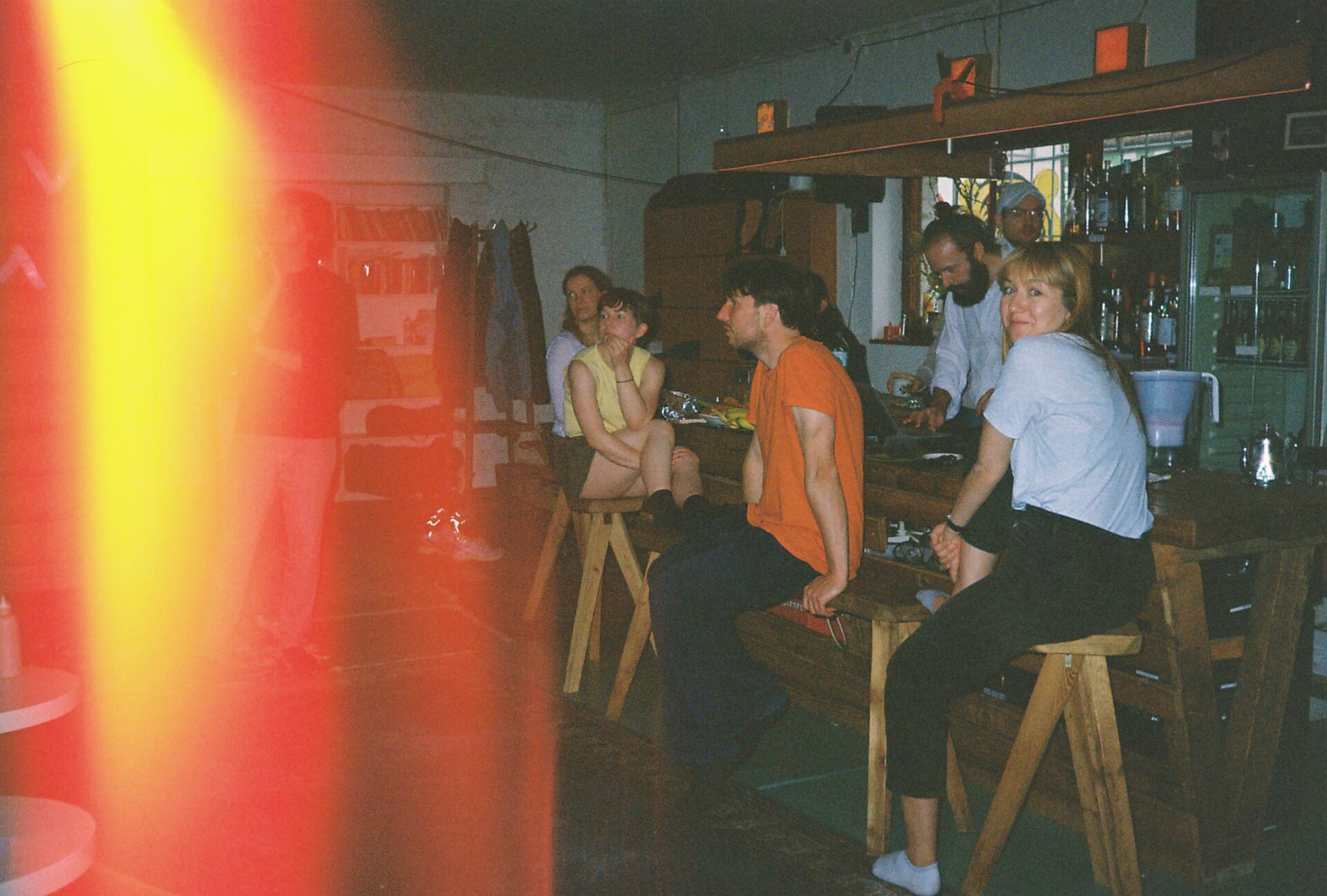
I know we’re all tired of COVID discourse, but how do you think the pandemic changed independent broadcasting per se? One might argue that the importance of community radios developed as well throughout the past years.
IG
COVID, I think, is just one of the many global events that have triggered an overall dissociation from mainstream sources, such as streaming sites. This is speculative, but my feeling is that, in general, people are retreating to smaller units of media. Think of it in terms of multifunctionality. Many people are now attracted to things with just very few functions. People are using much more chatting apps, like WhatsApp, Telegram or whatever, than social media, because people just want to talk to each other.
Possibly a human, anti-algorithmic element to the music curated for them as well, right?
IG
Yeah, yeah. That’s what I always say when people ask me about the difference between podcasting culture and radio culture. That, and: a studio. A space for people to come together, some place that is between private and public.
SL
So with regards to the studio, and how to sustain a community through real life interactions – that’s definitely important. I think with most people here I have this work thing, but also a friendship. We've usually started our friendship through a radio show. Or, when we meet up, we have an excuse to make radio, which is nice.
IG
I find it quite interesting that I have the first conversations with some of my friends recorded. Like, an archive of our first conversations ever. That’s exciting, and it speaks back to this idea of what community radio really is: archiving the community as it develops.
In a way, all community radios compete for a similar kind of listenership. And yet, there seems to be an urge to collaborate more than in other fields... Is that something you've experienced as well?
IG
In general, I’m noticing less competition in the grassroots sound world than in other fields. That’s another generalization, of course.
In Vilnius, you can really see the overlap of communities between different radios, venues etc. For instance, between Radio Vilnius, Palanga Street Radio, and Start FM hosts are migrating from one station to the other…
SL
… and some people have a show on every single station.
And Vilnius isn’t that big, right?
IG
Around 600.000 people… In terms of collaborations, it is not only audiences but literal things, literal material capital that independent radios potentially share, like tech setup, knowledge, etc.
SL
It really is about cultivating this kind of non-competitive network of stations, because as Ieva was saying, there's just no point in this.
How does one cultivate such a sentiment?
IG
I think the primary object and primary kind of audience – the reason for community radio, if you will – are the hosts. It’s not like nobody cares about the listeners, but nobody is chasing an audience. The hosts need to have a good time, that is the core of the community.
SL
I would agree. It may sound bad to say it like this because there is of course some care around the audience – but we're not chasing them and we're not chasing numbers. We're never gonna compete with the national broadcasters anyway.
That is how you become a radio host. You host radio!
SL
Yeah, exactly.
IG
Vilnius radio or the Ukrainian radios that I work with are a good example. They can become platforms for local, young names to get their recordings out. They can offer setups for first demos to be recorded, or help spread the word, and that actually leads to professional careers. So they do have this function of legitimate cultural labor, within the format of a friendly, volunteer based setting.
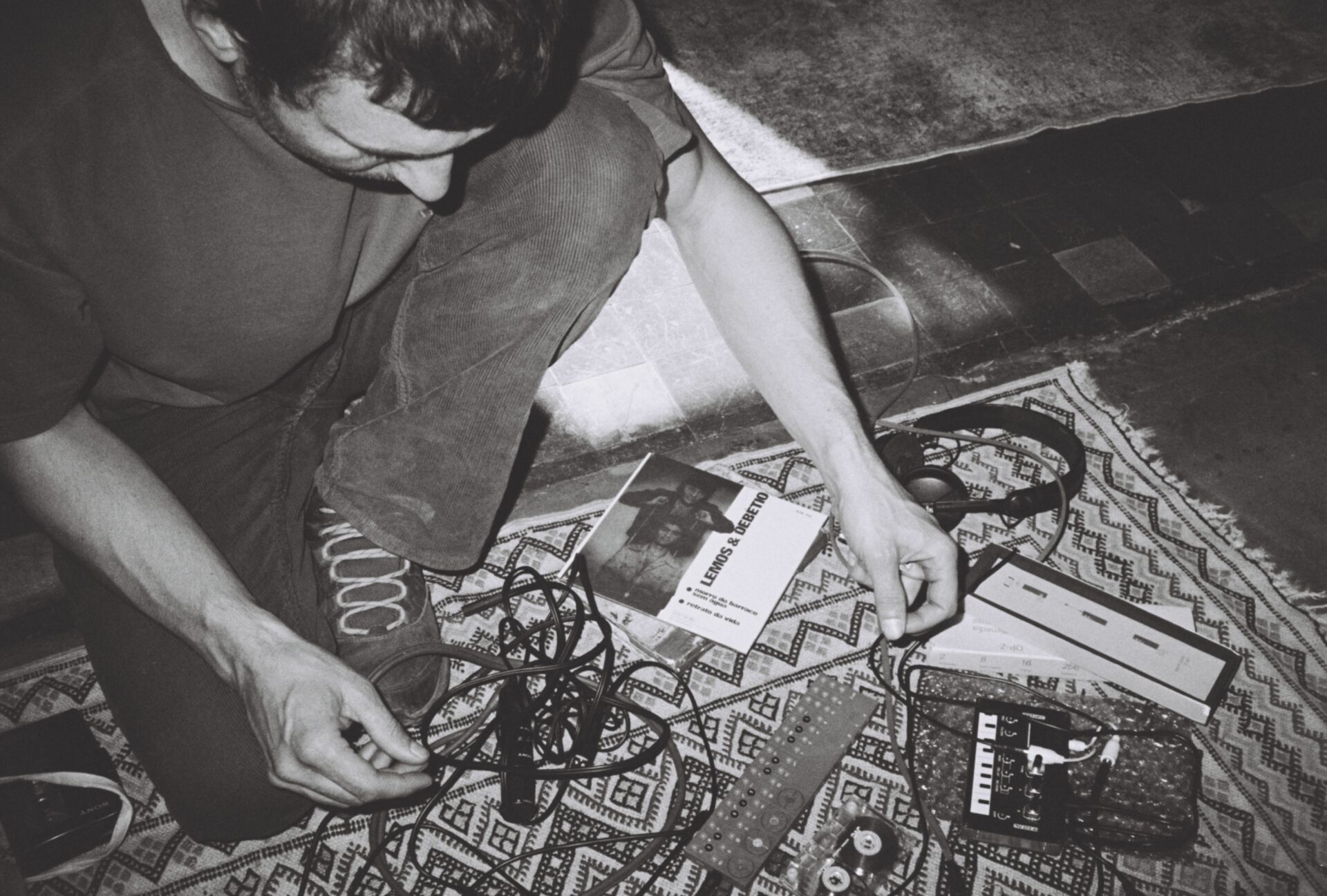
When you started ICRN as a transnational exercise within the Baltics, was it immediately clear that you wanted to expand this further?
SL
Not necessarily right at the beginning, but we were curious. If you look at the proximity between Vilnius and Riga, for example... A couple of years ago, I had no understanding that {Riga’s} Tirkultura Radio existed. By now, there’ve been many collaborations between Palanga Street Radio and Tirkultura that have helped to put those small scenes more on the map. Naturally, there was quite an interest in working with radios beyond the region as well, which is why we started to work with, for example, Cashmere Radio in Berlin.
IG
Thinking of networks altogether, they just seem more sustainable than one off things.
For example, I feel like there has always been a connection between Berlin and Kyiv in electronic music. Now being in Norway, the scene still feels very localized. People still seem to be negotiating the concept of networks when it comes to radio. When we think about something like festivals – which is another form of international collaboration – we don't usually associate radios as festival format. Even though now we do so more and more.
Talk to me about the cultural change that comes with the flux of people, the emigration and returning of people. Obviously, Vilnius has seen a lot of that over the past couple of years.
IG
One of my strongest impressions is that the generation of people who were educated abroad after the fall of the Soviet Union, young professionals in the 80s and 90s, are coming back to Lithuania.
SL
IG
The data shows that people who came back are more engaged: they volunteer more, they do more work in grassroots activities, they vote more, even on the municipal level. But it’s not all good. Vilnius is becoming more and more unaffordable. That’s just another side of this process of the Nordic’s technocratic focus on the city.
SL
Living here as an international, I have met a big international community. There's a lot of people from Belarus living here. There is another radio we should shout out, originally from Minsk but registered in Vilnius: Radio Plato. Also, I think about 40.000 Ukrainians now live in Lithuania, since the war started.
IG
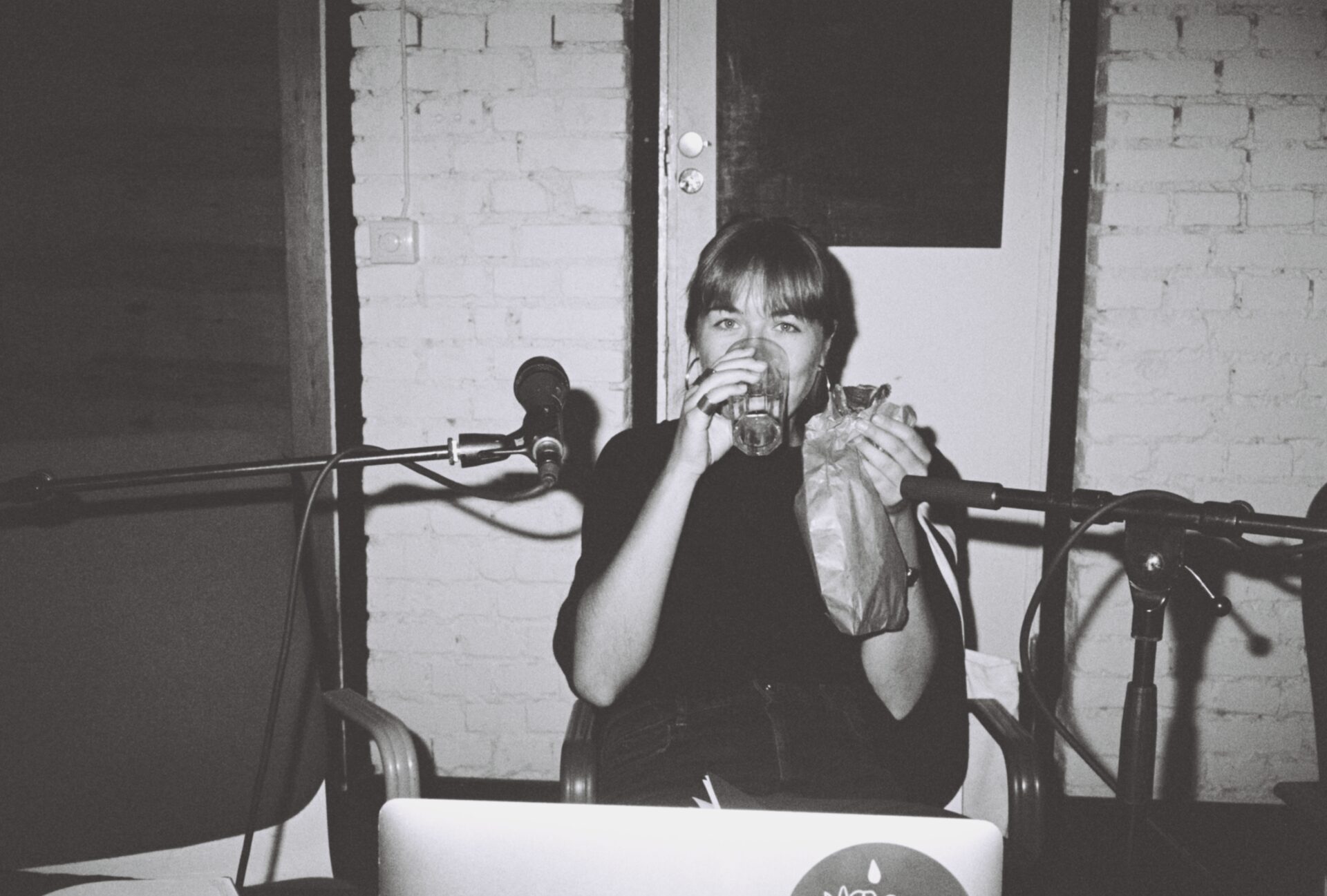
How would you describe the current cultural scene in Vilnius in general?
SL
I do feel like Vilnius is getting more on the map. Of course, I can only speak about the past three years. But, for example, I saw Shabaka Hutchings here, less than six months ago, which was crazy to me. I didn't think I would see such acts playing here. And over the last year, I've seen some pretty massive gigs by artists, who used to only stop in Riga.
The music scene is big. There's a huge electronic scene here and it feels like everybody's a DJ in Vilnius. People really like to party a lot, not only in clubs. The live music scene is thriving, too.
IG
I mean, there's this whole history of Vilnius punk culture that hasn't been forgotten. Today, there is a very strong desire to attract international acts, which is understandable. I'm just sometimes afraid that we're losing a bit of the local grassroots because of that.
"I find Vilnius very exciting. In the Central Eastern European context, many places still have a very crafty, self-sufficient approach to culture. There isn't really an expectancy to rely on institutional support or established venues. If we want to do this thing, we'll just get together and do it. I love that."
SL
What you're explaining is exactly why I wanted to move here in the first place. In London, I always relied on working for an institution because I didn't have the resources myself. And otherwise I wouldn't have had any relevance. Whereas in Vilnius, people were just interested to make a thing happen if you had an idea. And that can cause problems too, for example, when people don't always expect to get paid to do things. But the the vibrancy of just wanting to make stuff is very unique here.
Going forward, what are your ambitions with the network? What would you love for ICRN to bring to the table for the region, for the Baltics, and beyond?
SL
It's hard to pin down one specific thing but we speak a lot about sustainability. Obviously, there's economic sustainability we can achieve by working together, in terms of our current framework of financing. Aside from crowdfunding locally, one of the ways in which we can do things is by collectively bringing our resources together. That means we can have an impact, in a way that doesn't compromise our independence.
The other thing we already touched on: we want to further cultivate a non-competitive environment and really flatten that notion a bit. We want to be continually curious about other people and interest others in what we're doing.
IG
These days I often think about ideas of resilience and growth. For me, growth means finding the right context to situate yourself in.
It's really not about creating the widest, but the most relevant network. With regards to ICRN, for me, it's very much about trying to figure out together how we can imagine cultural work that fosters local solidarities. How do we think about cultural labor through the notions of kinship?
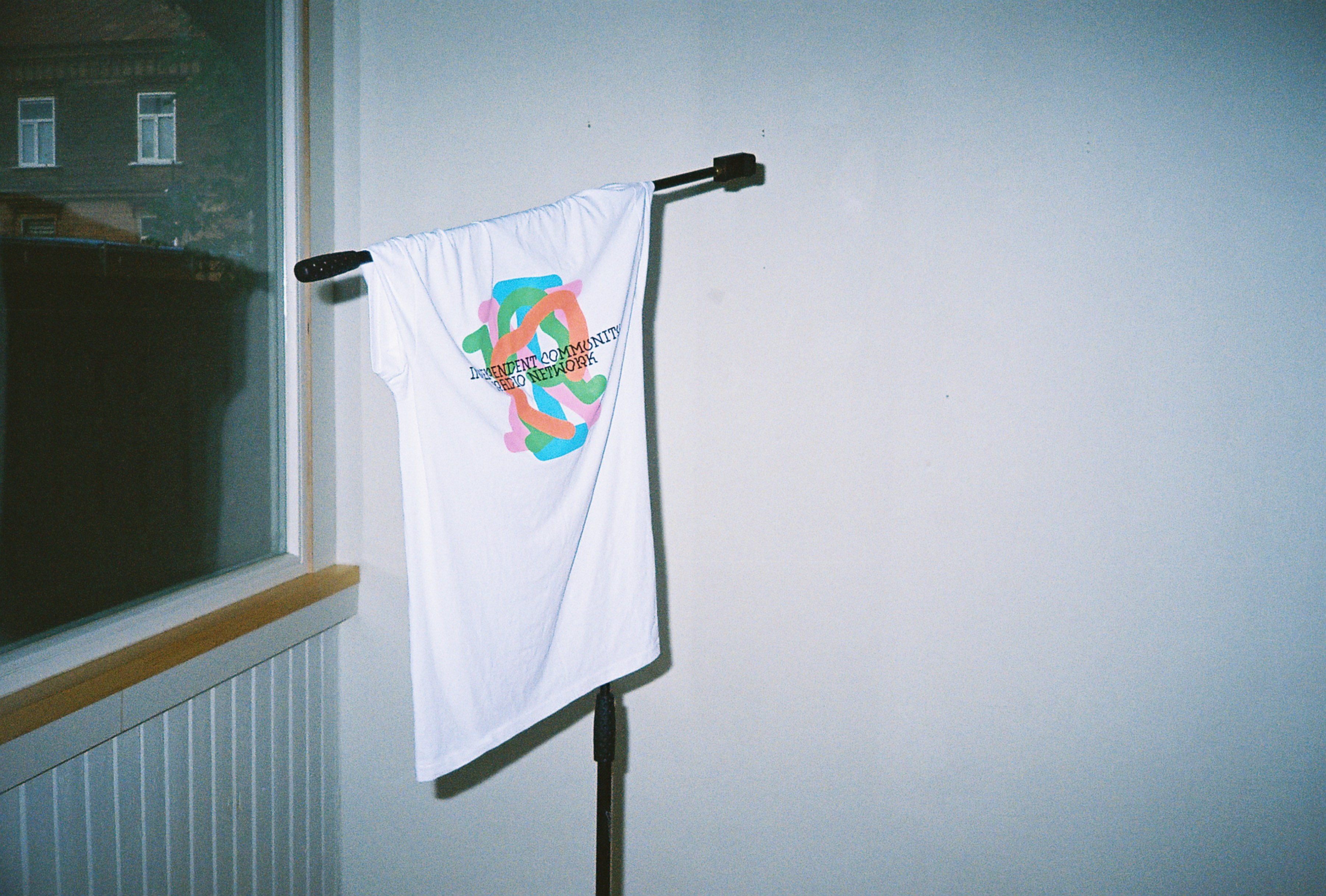
COSMOS
COSMOS is Le Guess Who?’s globe-spanning initiative that amplifies some of the most exciting local scenes from around the world. Through films, interviews, performances, and artist residencies, COSMOS connects international music communities and shares their stories. ICRN (Vilnius) and Santuri (East Africa) are the first two Embassies of 2024 that will present films about their local communities – both physically at the festival as well as freely available online.
Are you interested in collaborating with COSMOS to share your local cultural scene? Please let us know via cosmos@leguesswho.com.
